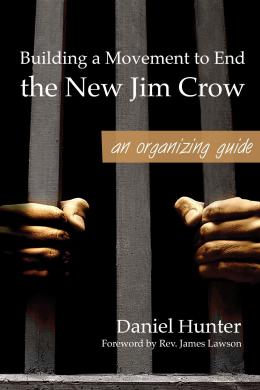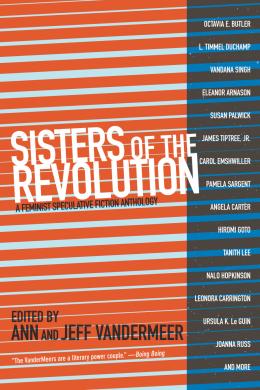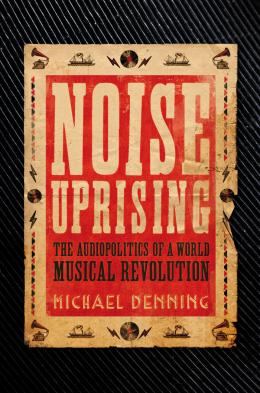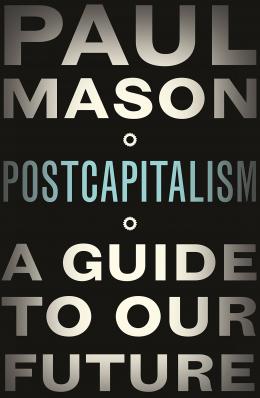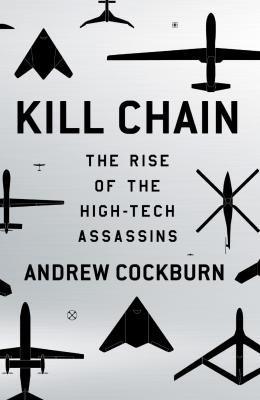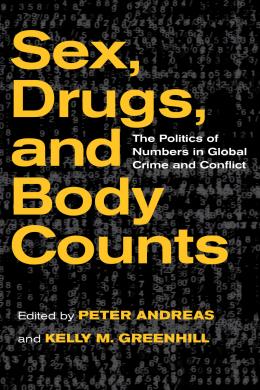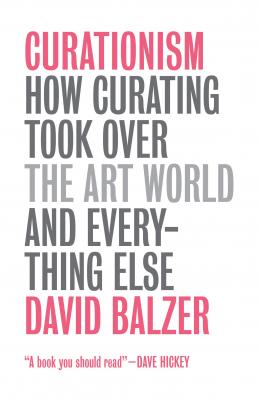The extraordinary life of Rosa Luxemburg – Marxist economist, cat-lover and legendary figure of the revolutionary left – is given a memorable graphic novel treatment in Kate Evans’ latest book.
A ‘fictional representation of factual events’, it takes us from her childhood in Poland (tasked by her school with writing a poem for the visit of the German kaiser, she produced one attacking ‘that creeping toad Bismarck’), through her pre-First World War revolutionary agitation in Poland and Germany (which led to her imprisonment in the…
Reviews
Described by Cornel West as a ‘secular bible for a new social movement’, Michelle Alexander’s 2010 book The New Jim Crow argued that the US prison system – the destination for one-in-three Black US males during their lifetime, compared with one-in-17 of their white contemporaries – had become ‘a stunningly comprehensive and well-disguised system of racialized social control’, functioning in a manner ‘strikingly similar to Jim Crow’ – the system of government-sanctioned racial oppression and segregation that emerged in the US in the…
‘It’s good to read outside your comfort zone’, I told myself when I was asked to review this collection of short stories. I had no real idea what ‘speculative fiction’ was and, of the 29 authors, the only names which were at all familiar to me were Angela Carter, Ursula K Le Guin and the visual artist Leonora Carrington.
According to the cover, the editors are a literary power couple with awards for both editing and writing fantasy. Their two-page introduction, in which they explain that the stories have been arranged to…
Taken out of context, some of the revelations drawn from the US diplomatic cables leaked to Wikileaks sound improbable and even a bit like a conspiracy theory. Meanwhile, many of the issues highlighted in this book, – human rights abuses for instance – have already been widely reported on in the press.
So at first I was a bit doubtful about the value of this book. But in fact its purpose is not to publish secrets. Rather, it is to show what we can learn from these cables as citizens, and what they teach us about the workings…
A huge and diverse amount of vernacular music was recorded in the late 1920s, a wave of world music consumption which saw its peak before the Wall Street Crash swept this immense body of activity aside.
'Gramophone and phonograph companies fought with each other to capture the world’s vernacular musics through the new electrical microphones and to play them back through the new electrical loudspeakers'. Indonesian kroncong, Trinidadian calypso, Egyptian tarab and Brazilian samba were just a few of the many styles…
A self-described ‘socialist-anarchist-feminist’, the US activist and writer Marge Piercy is the author of 17 novels, spanning a wide range of different genres including science fiction, as well as one of North America’s best-selling poets.
Nonetheless, this latest addition to PM’s excellent ‘Outspoken Authors’ series eschews fiction to focus on ‘essays, rants and railleries’. The latter cover a wide variety of topics, including abortion, homelessness, censorship, the tragedy of Marilyn Monroe, the role of politics in fiction, and…
In a sense this book picks up from where my last review left off. But whereas Kerry Ann Mendoza’s Austerity (PN 2586–2587) explores the history, politics and impact of the current cuts programme, Mason is interested mainly in the economy.
Section one outlines the failures of neo-liberalism, providing an excellent introduction to basic economics and explaining how the ‘atomisation’ of our…
We Kill Because We Can is a 300-page rant on drones by cultural critic Laurie Calhoun. Focusing on the use of drones for targeted killing, each chapter is an angry polemical essay, with titles like ‘Strike First, Suppress Questions Later’ and ‘The New Banality of Killing’.
Calhoun argues that ‘both the practise of and propensity towards institutional killing has been transformed by this new technology.’ I agree. However I also have to admit that the tone of this book – fuming mad most of the time – did grate on me after…
From the first recorded strike in human history (by Egyptian artisans in 1170 BCE) to a successful sex strike by Colombian women in 2011 (‘No more sex. We want our road’), civil resistance – ‘collective action for political or social ends without any systematic recourse to violence’ – has had a long and varied history.
It also looks set to have a long and varied future. Indeed, according to the authors of these books, there has been a greater tendency in recent decades for popular campaigns to use the methods of nonviolent action…
In the next two decades, 47% to 80% of current jobs will be lost to automation. According to Srnicek and Williams, this is good news; and the contemporary left needs to embrace this future if it is to transform the status quo with a sustainable economic alternative.
An exciting manifesto, written by two prominent left-accelerationists (who believe that technological expansion can generate social change, beyond capitalism), it begins by recognising our current state of over-saturation. For Srnicek and Williams, today’s rapid…
‘Numbers, measures, and metrics profoundly influence our daily existence’, the editors of this academic volume note. And, with statistics having ‘very real and quite significant political, humanitarian, legal and scholarly consequences’, they are therefore ‘deeply political’.
However, considering the relative importance of numbers, the authors argue many people – and I would count myself as one of them – are ‘relatively innumerate’, and thus susceptible to being misled, or flat out lied to, through the use of statistics.
…
I remember talking to a friend about this book when it was first published in 2013. Climate change, its potential to end civilisation as we know it, and a practical plan for how to tackle it, had been the central topics of his previous book, Heat (see PN 2480-81). But now it looked like George Monbiot had gone off on a tangent. And, while clearly it was something that he was passionate about, it didn't sound like it was much of a priority for either of us.
In fact, the two books are linked: both directly (…
For 40 years, Kim Stallwood (sometimes known as ‘The Grumpy Vegan’) has been an active animal advocate. Growl combines autobiography, social history and an exploration of the philosophy and practice of animal rights. It is an engaging and readable book which made me draw parallels with other areas of nonviolent campaigning.After working in a chicken slaughterhouse, Stallwood became a vegetarian in 1974, aged 19. Two years later he became a fully-fledged vegan. Unlike today, when all supermarkets stock soya milk and dairy-free meals…
What if, after the fall of the Berlin Wall, the East Germans had refused unification with West Germany, instead designing, and beginning to put into practice, a radical, grassroots, participatory democracy – decentralising most decision-making to neighbourhood committees, in which everyone participated? What might that society have looked like? What kind of threats to its survival might such an experiment have faced? And if you lived there what would you do if you suspected that you'd bumped up against such a plot?
Max…
How can we create a sustainable art world, where artists can live by their labour and the public can have a healthy engagement with them? Curating is, or should be, a public service akin to a friend introducing you to new music. But in a world of power lists, billionaire superdealers and sickening Miami conventions, we have travelled very far from the idea of curating as a social duty.
David Balzer’s writing is admirably clear and anti-theoretical, providing a lively history of the avant-garde, as well as documenting artists’…



